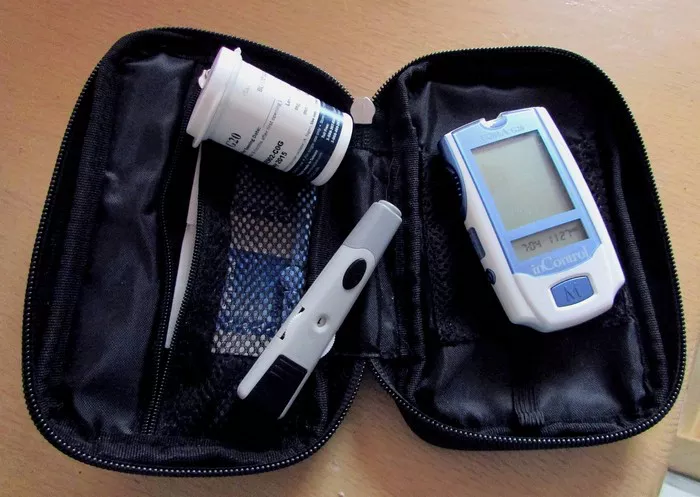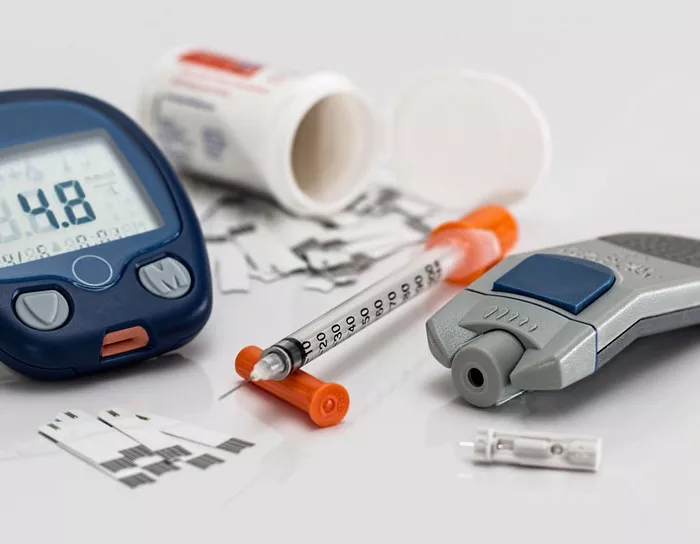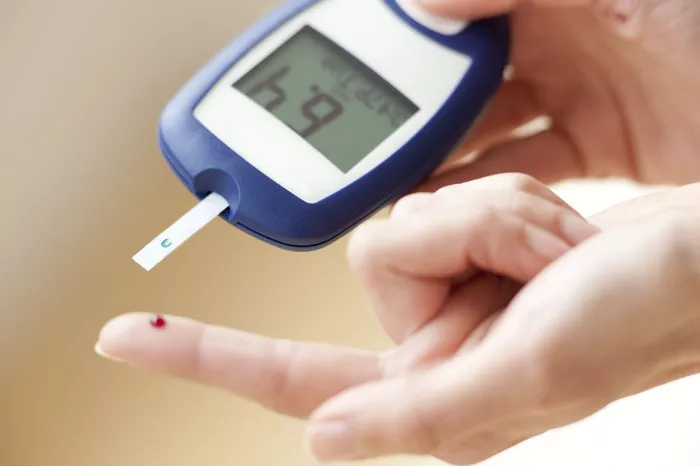Insulin resistance is a condition where the body’s cells do not respond effectively to insulin, a hormone produced by the pancreas that regulates blood sugar levels. This condition can lead to elevated blood glucose levels and is a precursor to type 2 diabetes, metabolic syndrome, and other cardiovascular diseases. Proper diagnosis and management of insulin resistance are crucial to prevent these serious health issues. Therefore, knowing which healthcare professionals are best suited to diagnose, treat, and manage insulin resistance is essential for patients.
Primary Care Physician (PCP)
Primary Care Physicians (PCPs) are often the first point of contact for patients experiencing symptoms of insulin resistance, such as fatigue, increased hunger, and weight gain. PCPs play a crucial role in the initial detection and management of insulin resistance through routine physical examinations and laboratory tests, including fasting blood glucose and HbA1c tests. They can provide valuable advice on lifestyle modifications such as diet, exercise, and weight management.
However, while PCPs can manage mild cases of insulin resistance, they may refer patients to specialists for more comprehensive care, particularly when the condition progresses or complications arise. The benefit of seeing a PCP lies in their ability to coordinate care and monitor overall health, addressing not only insulin resistance but also other comorbid conditions.
Endocrinologist
Endocrinologists are specialists in hormone-related disorders and are highly qualified to manage insulin resistance and its complications. They have extensive training in disorders of the endocrine system, including diabetes, metabolic syndrome, and thyroid disorders. Patients with severe insulin resistance, those who have not responded to initial treatment plans, or those with complicated medical histories are often referred to an endocrinologist.
Endocrinologists can provide advanced diagnostic testing, including insulin tolerance tests and continuous glucose monitoring, and are adept at prescribing and managing medications such as metformin, thiazolidinediones, and GLP-1 receptor agonists. They can also address associated conditions like polycystic ovary syndrome (PCOS) and hyperlipidemia, which are often seen in conjunction with insulin resistance.
Nutritionist or Dietitian
Nutritionists and dietitians play an essential role in managing insulin resistance by helping patients develop sustainable dietary habits that can improve insulin sensitivity. These professionals are experts in nutrition science and can provide personalized meal plans that focus on low glycemic index foods, balanced macronutrient intake, and appropriate portion sizes.
Working with a dietitian can help patients understand the impact of food choices on blood sugar levels and overall health. Dietitians also offer education on reading food labels, planning meals, and making healthier food choices, which are critical components of managing insulin resistance. In some cases, a referral from a PCP or an endocrinologist is needed to see a dietitian.
Diabetes Educator
Diabetes educators, often certified diabetes care and education specialists (CDCES), provide comprehensive education and support for patients managing insulin resistance and diabetes. These professionals offer guidance on various aspects of disease management, including medication adherence, blood glucose monitoring, lifestyle changes, and coping strategies.
Diabetes educators work closely with patients to develop individualized care plans that address their unique needs and preferences. They also provide valuable resources and tools to help patients stay motivated and engaged in their treatment plans. Seeing a diabetes educator can significantly enhance a patient’s ability to manage their condition effectively and reduce the risk of complications.
Cardiologist
Insulin resistance is closely associated with an increased risk of cardiovascular diseases, including hypertension, coronary artery disease, and stroke. Therefore, patients with insulin resistance, particularly those with existing heart conditions or significant risk factors, may benefit from seeing a cardiologist.
Cardiologists specialize in diagnosing and treating heart-related conditions and can assess the cardiovascular impact of insulin resistance. They can recommend appropriate diagnostic tests, such as electrocardiograms (EKGs), stress tests, and echocardiograms, to monitor heart health. Additionally, cardiologists can advise on medications and lifestyle changes to manage blood pressure, cholesterol levels, and other cardiovascular risk factors.
Obstetrician-Gynecologist (OB-GYN)
Women with insulin resistance, particularly those with PCOS, may need to see an obstetrician-gynecologist (OB-GYN). PCOS is a common endocrine disorder that affects reproductive health and is often associated with insulin resistance. OB-GYNs can provide specialized care for managing the reproductive and hormonal aspects of PCOS, including irregular menstrual cycles, infertility, and hirsutism.
OB-GYNs can also collaborate with endocrinologists and other specialists to provide comprehensive care for women with insulin resistance, addressing both metabolic and reproductive health concerns. Additionally, they can offer guidance on family planning and pregnancy management for women with insulin resistance to ensure healthy outcomes.
Psychiatrist or Psychologist
The psychological impact of managing a chronic condition like insulin resistance can be significant. Patients may experience stress, anxiety, depression, or issues related to body image and self-esteem. In such cases, seeing a psychiatrist or psychologist can be beneficial.
Mental health professionals can provide therapy and counseling to help patients cope with the emotional and psychological challenges associated with insulin resistance. Cognitive-behavioral therapy (CBT), mindfulness techniques, and stress management strategies can be particularly effective in improving mental well-being and supporting overall treatment adherence.
Physical Therapist or Exercise Specialist
Physical activity is a critical component of managing insulin resistance, as regular exercise can improve insulin sensitivity and help with weight management. Physical therapists and exercise specialists can design personalized exercise programs that are safe and effective for patients with insulin resistance.
These professionals can offer guidance on incorporating aerobic exercises, strength training, and flexibility exercises into daily routines. They can also address any physical limitations or injuries that may hinder a patient’s ability to exercise, ensuring that the exercise plan is both achievable and beneficial.
Integrative Medicine Specialist
Integrative medicine specialists focus on combining conventional medical treatments with complementary therapies to provide holistic care. For patients with insulin resistance, integrative medicine approaches may include acupuncture, herbal medicine, and mindfulness practices such as yoga and meditation.
These specialists can offer alternative and adjunctive therapies that may help improve insulin sensitivity and overall well-being. Integrative medicine can be particularly appealing for patients looking for a more comprehensive and individualized approach to managing their condition.
Conclusion
Managing insulin resistance requires a multidisciplinary approach, involving various healthcare professionals to address the different aspects of the condition. While a primary care physician can provide initial care and coordination, specialists such as endocrinologists, nutritionists, diabetes educators, cardiologists, OB-GYNs, mental health professionals, physical therapists, and integrative medicine specialists offer targeted and comprehensive management strategies.
Patients should work closely with their healthcare team to develop an individualized care plan that addresses their unique needs and preferences. Early detection, appropriate specialist referrals, and ongoing management are crucial to preventing the progression of insulin resistance to more serious health conditions. By seeking the right professional help, patients can effectively manage insulin resistance and improve their overall health and quality of life.
Related topics:
























